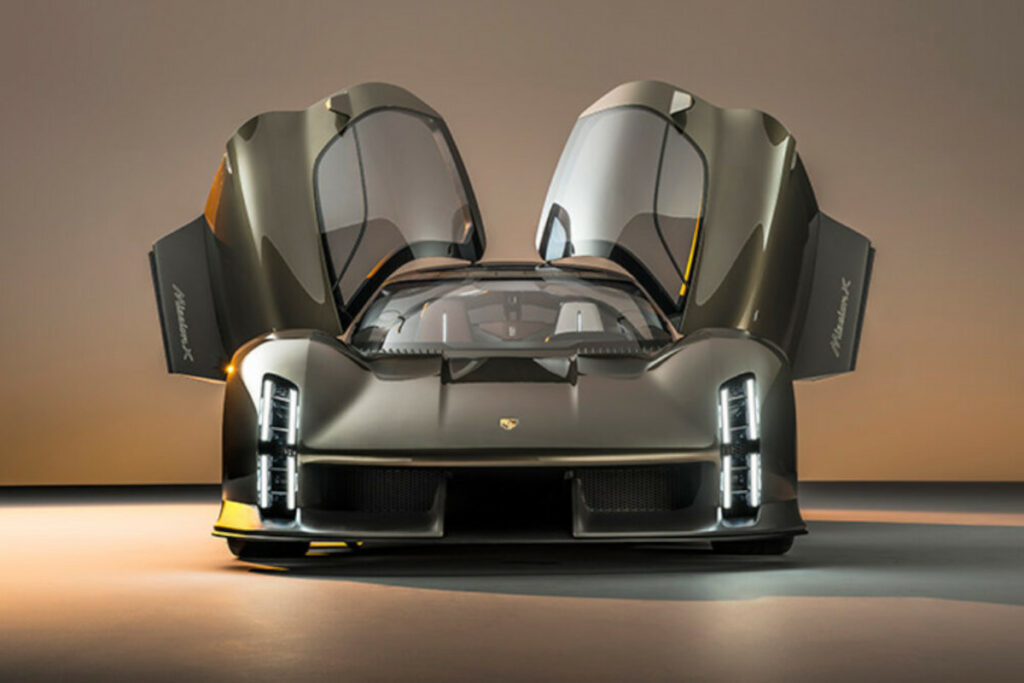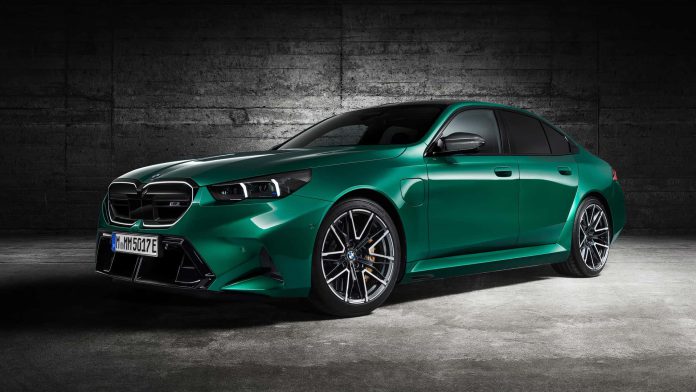In the first six months of 2024, BMW has outperformed its main rivals, Mercedes-Benz and Porsche, to lead the luxury car sales chart. With a strategic focus on electric vehicles and market adaptability, BMW has set a benchmark in the luxury automotive industry.
BMW’s Impressive Sales Growth
BMW registered a 2.3% increase in total sales in the first half of 2024, reaching 1.1 million vehicles. This growth is particularly notable given the challenging market conditions characterized by heavy discounting and shifting consumer preferences.

Surge in Electric Vehicle Sales
A significant factor in BMW’s success has been its strong performance in the electric vehicle (EV) segment. BMW’s battery electric vehicle sales accounted for 180,000 units, marking a massive 34% rise compared to the same period last year. This surge reflects BMW’s strategic investments in EV technology and infrastructure.
Key Models Driving EV Sales
- BMW iX3: Combining luxury with sustainability, the iX3 has been a favorite among consumers.
- BMW i4: This model has appealed to both luxury and performance enthusiasts.
- BMW iX: As a flagship electric SUV, the iX has set new standards in the market.
Mercedes-Benz Faces Declining Sales
In contrast, Mercedes-Benz experienced a 6% drop in sales, with total units sold amounting to 960,000. The decline is attributed to several factors, including supply chain disruptions and a strategic focus on healthy growth over aggressive market capture.
Challenges in Electric Vehicle Segment
Mercedes-Benz’s electric vehicle sales saw a significant 17% drop, with only 93,400 units sold. The company attributed this decline to a slowdown in key markets and a strategic shift towards sustainable growth rather than volume sales.

Strategic Statement from Mercedes-Benz
“The ramp-up of electric vehicles slowed in key markets, while the company focused on healthy growth in a market environment characterized by heavy discounting,” stated Mercedes-Benz. This indicates a deliberate move to prioritize profitability and brand value over sheer sales volume.
Audi and Porsche Also Struggle
Other German luxury brands, Audi and Porsche, also faced challenges in the first half of 2024.
Audi’s Sales Performance
Audi registered an 8% drop in sales, with 833,000 vehicles sold. Despite this overall decline, Audi’s EV sales showed a modest improvement of 1.3%.
Key Factors Affecting Audi’s Sales
- Supply Chain Issues: Like other automakers, Audi faced disruptions in its supply chain.
- Market Competition: Increased competition from both traditional luxury brands and new entrants in the EV market.
Porsche’s Sales Decline
Porsche reported a 7% drop in sales, totaling 155,900 units. This decline comes despite the brand’s strong market presence and loyal customer base.
Impact of Market Conditions
Porsche’s sales performance was affected by similar market conditions, including supply chain issues and increased competition.

Analysis of Market Trends
Rise of Electric Vehicles
The luxury car market is witnessing a significant shift towards electric vehicles. BMW’s success in this segment highlights the growing consumer demand for sustainable and technologically advanced vehicles.
Importance of Strategic Focus
The contrasting performances of BMW and Mercedes-Benz underscore the importance of strategic focus. BMW’s aggressive push in the EV segment and Mercedes-Benz’s focus on healthy growth reflect different approaches to market challenges.
Supply Chain Resilience
Supply chain resilience remains a critical factor in the automotive industry. Brands that can navigate these challenges effectively are better positioned to succeed in a competitive market.
BMW’s Strategy Moving Forward
Investment in Innovation
BMW’s continued investment in innovation, particularly in the EV segment, is likely to drive its future growth. The company is expected to introduce new models and technologies that cater to evolving consumer preferences.
Expansion in Key Markets
Expanding its presence in key markets, particularly in Asia and North America, will be crucial for BMW’s sustained success. The company’s focus on understanding and adapting to regional market dynamics will be a key differentiator.
Enhancing Customer Experience
BMW’s commitment to enhancing customer experience through advanced technologies and superior service will strengthen its market position. Personalized services and seamless digital experiences are expected to play a significant role.
Conclusion
BMW’s leadership in the luxury car market in the first half of 2024 is a testament to its strategic vision and execution. By focusing on electric vehicles, investing in innovation, and navigating market challenges effectively, BMW has set a benchmark for its competitors. As the automotive industry continues to evolve, BMW’s adaptability and forward-thinking approach will be crucial in maintaining its leadership position.
































